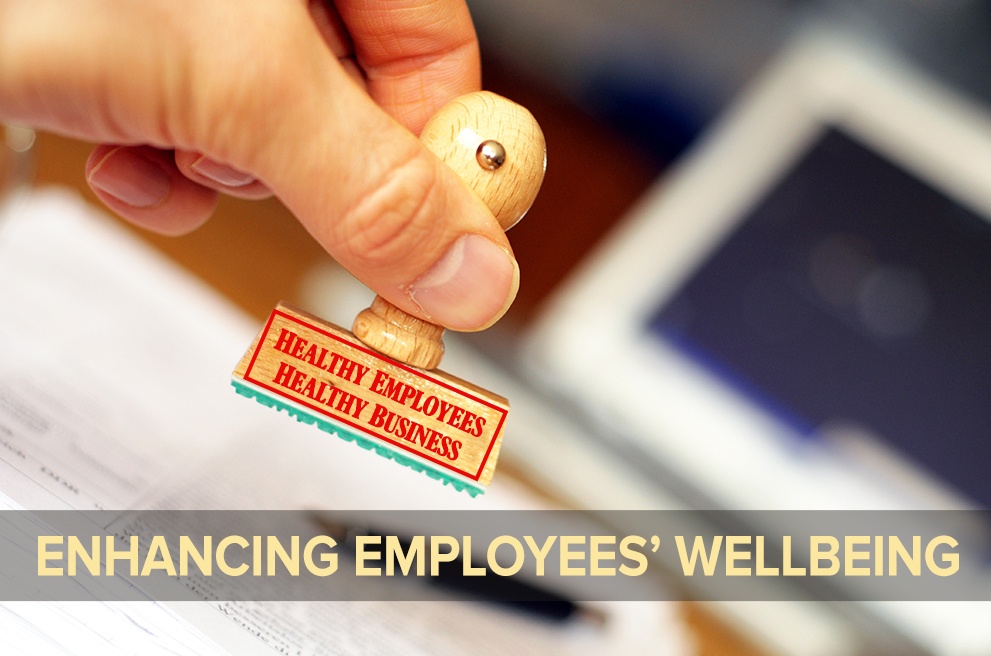Two Employee Pitfalls to Anticipate and Prevent
A recent Gallup poll revealed that, historically, well-being and engagement have gone hand-in-hand; however, the current pandemic has produced a new phenomenon: a divergence in employee well-being and employee engagement.
Engagement has fluctuated mildly throughout the year. However, well-being (especially in the areas of stress and worry) has decreased in employees.
There is concern that employees have “hit or are approaching a breaking point that leads to burnout and suffering with long-term consequences.”
Another cause for concern is brought to light in a University of Alabama Birmingham (UAB) article by Savannah Koplon (2020).
Koplon defines “COVID-19 fatigue” as disruptions to a person’s normal life followed by mental, physical, and emotional tolls. General feelings of stress and social isolation are common symptoms of the fatigue.
To equip yourself and your employees for combatting COVID-19 fatigue, and its sidekick “burnout'", Dr. Suzanne Judd encourages daily self-care for prevention (Koplon, 2020).
She also recommends making a plan for self-care by keeping a written log of moments you feel stressed and what the possible triggers were (Koplon, 2020).
Daily Health & Wellness Tips
UAB expert tips include daily health and wellness self-care activities such as:
- Trying out new recipes
- Guided meditation
- Practicing gratitude and journaling
- At-home workouts
- Outdoor excursions
- Mental health assessment breaks
And, professional wellness measures like:
- Setting specific spaces for working, separate from your living spaces
- Setting time limits on tasks and work-related space usage
- Scheduled eating and mindfulness activity breaks
- Eating lunch or having coffee outdoors
(Koplon, 2020)
Tips for Managers to Improve Employee Well-Being
Gallup suggests that managers start measuring employee well-being, as well as engagement, and learn to have conversations about well-being. These conversations should support productivity and work-life balance and actively scan for burnout (Wigert, Agrawal, Berry, & Maese, 2021).
Opportunities for management to support its workforce, and to prevent these common COVID-19 pitfalls, while essential, also come with added responsibility and stress for managers themselves. Making a plan for self-care and sticking to it is imperative for the health of the management level offices as well as for the health of the entire organization. A culture of well-being trickles down from the top.
Schedule a time for yourself to grab your planner today. Make a well thought out self-care plan for yourself and for your team, write it down, talk about it, and take action. Your health and the health of your organization depends on it.









SHARE